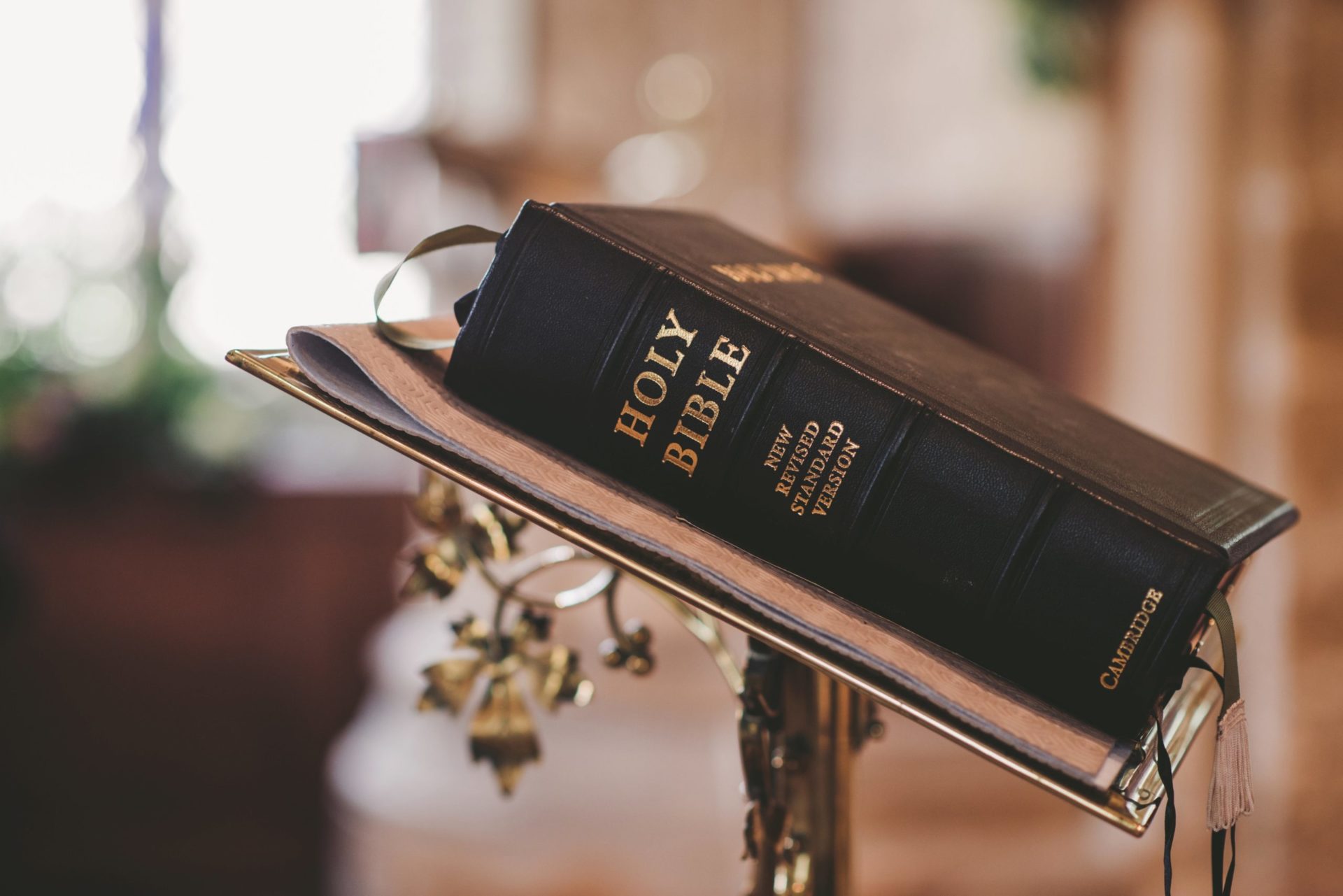DAY 4 Saturday after Ash Wednesday
It is straightforward to diagnose vices in other people. Exhibiting the same level of scrutiny toward ourselves is decidedly less appealing. Such is one of the lessons we ought to take from today’s Gospel reading. Clearly, Jesus is speaking somewhat ironically when He observes that, “Those who are well do not need a physician, but those who are sick” (Luke 5:31). The reason for this is that Jesus was speaking these words to the Pharisees and scribes—to the class of people who viewed themselves as perfectly spiritually healthy—all the while knowing their desperate need for the Divine Physician. In a subtle but pointed way, Jesus is accusing them of being guilty of far deeper and more serious sins than those of the tax collectors and “sinners” whom they were so quick to condemn What is scary about this episode is that the scribes and Pharisees seem so unaware of their faults not because they’re naive and innocent but because, over time, they’ve made a habit of dulling their consciences and giving in to their pride. This is easy for us to see as third-party observers. But it begs the question: How do we know we aren’t guilty of the same spiritual blindness exhibited by the scribes and Pharisees? This is worth reflecting on, not as grounds for scrupulosity or despair but rather as an exercise in self-knowledge. Through this exercise, we can come to a deeper understanding of our faults and failings and thus to a deeper conviction of our total dependence on Jesus Christ’s healing grace. If we do this, then, as the prophet Isaiah reminds us today, “He will renew your strength, and you shall be like a watered garden, like a spring whose water never fails” (Isaiah 58:11).
What are the vices in my life that I am least aware of?
How can I begin to address those vices that are most rooted in my temperament and which I am therefore least likely to confront?
By Clement Harrold


No responses yet